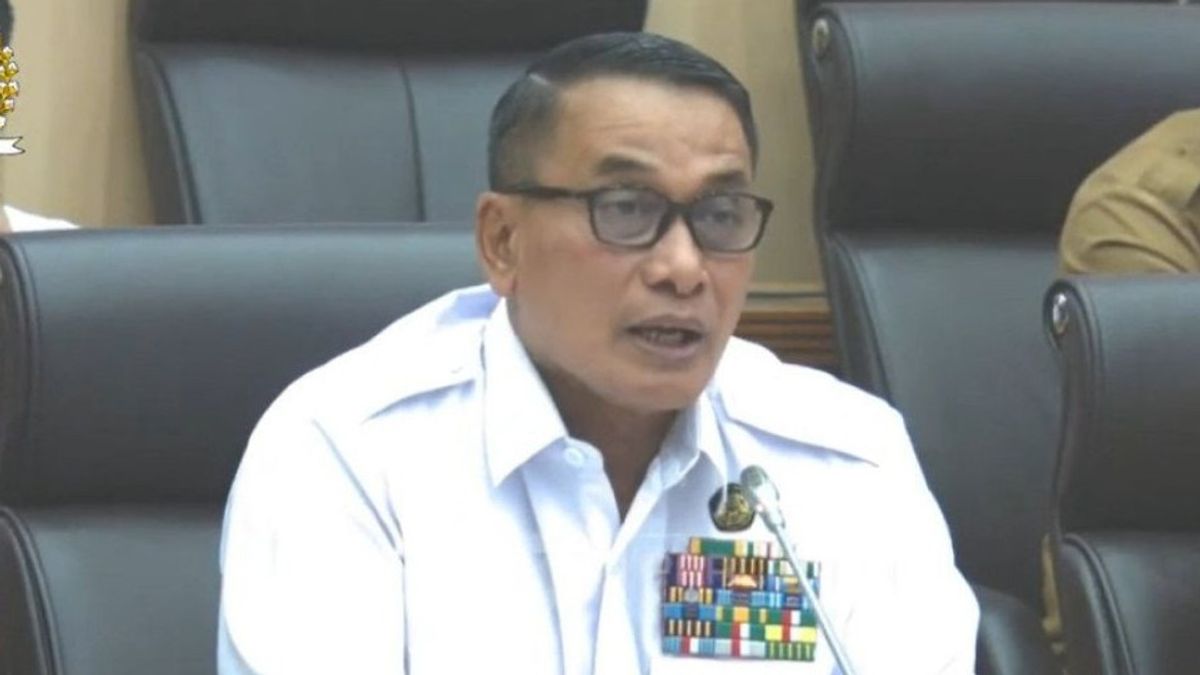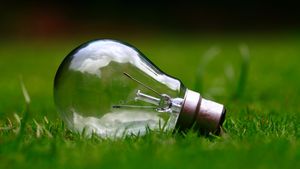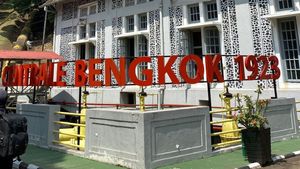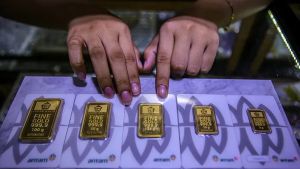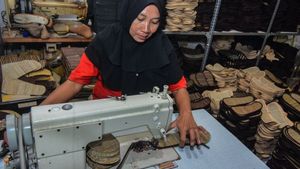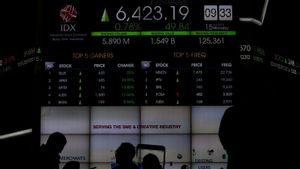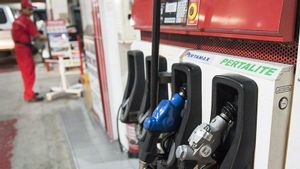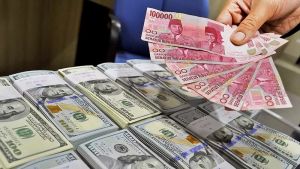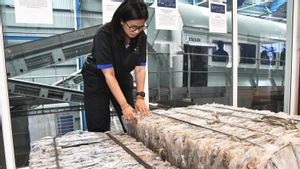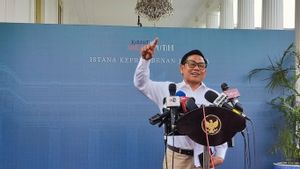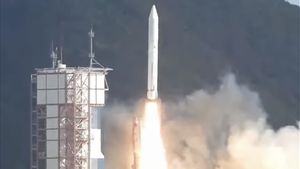JAKARTA - The Indonesian government offers the development of derivative products (hilirization) in the coal sector to China, such as improving quality, coal brigadettes, making kokas (cokes making), and liquid coal coal (coal liquefaction) to spur decarbonization, as well as lower greenhouse gases.
Acting (Plt) Director General of Mineral and Coal of the Ministry of Energy and Mineral Resources Bambang Suswantono said the offer was part of Indonesia's commitment to reducing the target of greenhouse effects on national development as a ratification of the Paris Agreement by gradually reducing coal consumption and development in other forms.
"One of the policies in coal management is to reduce the use of coal along with the end of the coal power plant and develop it into another form, especially gas to meet the needs of LPG and other chemical industries such as fertilizers," he said, quoted by ANTARA, Wednesday, September 4.
Bambang explained that coal can be processed into derivative products, both as industrial raw materials and energy sources.
The six coal development products that can be done today are improving the quality of coal, coal briquettes, kokas, liquid coal, and coal gasification, including underground gasification.
He said that Indonesia currently has 97.29 billion tons of coal resources and 31.71 billion tons of reserves.
SEE ALSO:
Most of the resources and reserves are spread across East Kalimantan, South Sumatra, South Kalimantan, Central Kalimantan and Jambi. The rest are scattered in Riau, North Kalimantan, Aceh, Bengkulu, West Sumatra and Papua, West Sulawesi, and western Java.
Furthermore, in order to support the acceleration of program development, he said, the government has provided fiscal incentives in the form of tax relief, and requires the extension of the coal mining business agreement (PKP2B) to become a special mining business license (IUPK).
"Currently, there are six IUPKs that have planned the development of coal into gas, fertilizer and kokas. The status is currently conducting economic studies and feasibility studies and hopefully by 2030 it will be able to commission," he said.
The English, Chinese, Japanese, Arabic, and French versions are automatically generated by the AI. So there may still be inaccuracies in translating, please always see Indonesian as our main language. (system supported by DigitalSiber.id)
